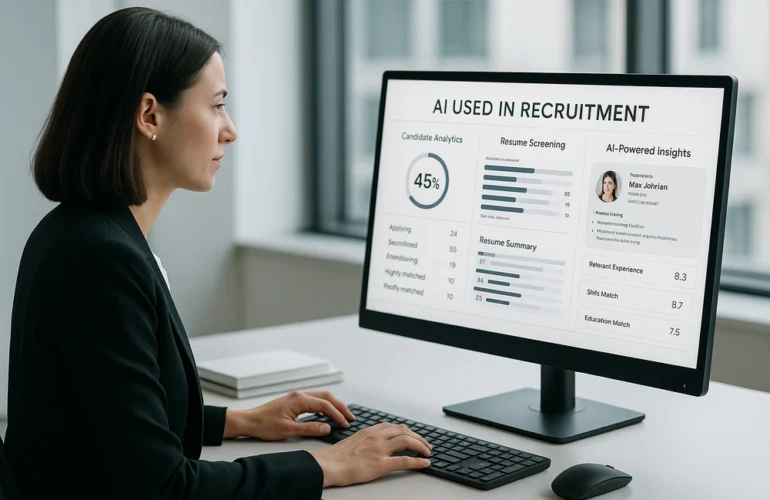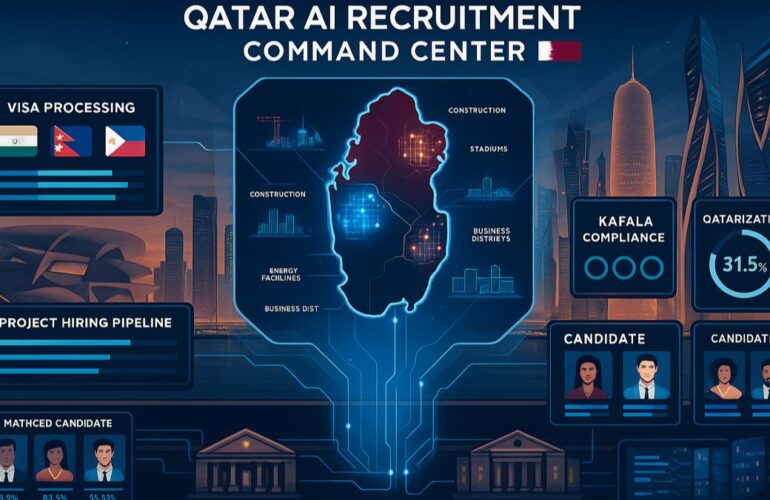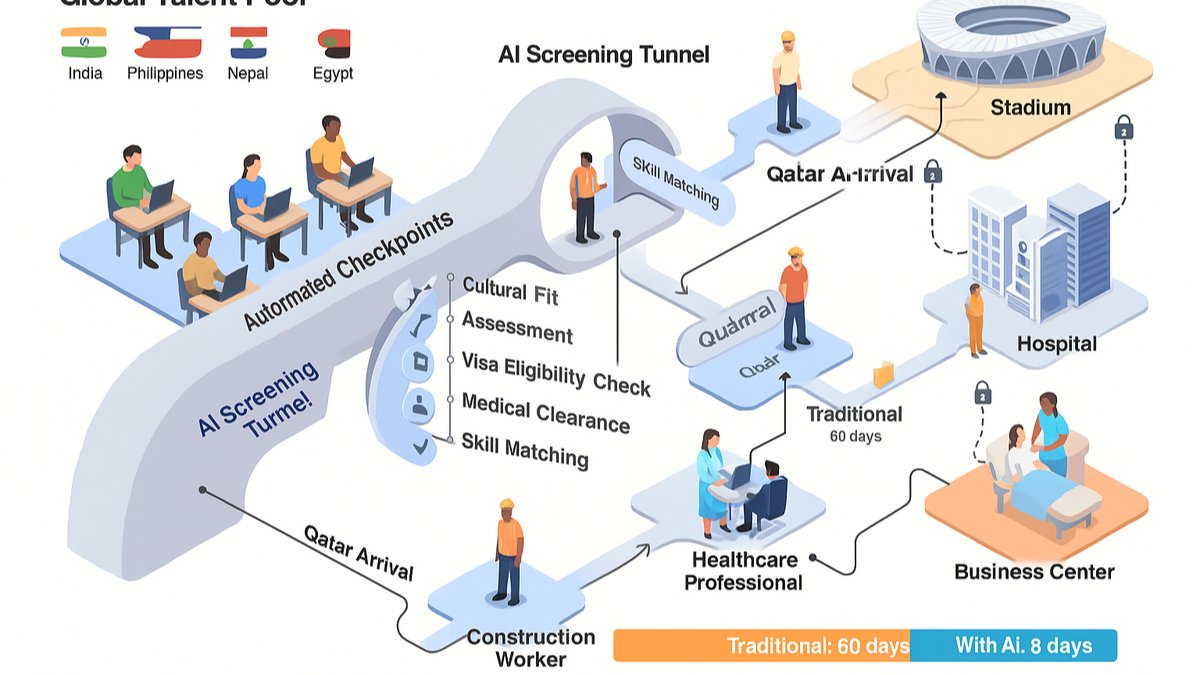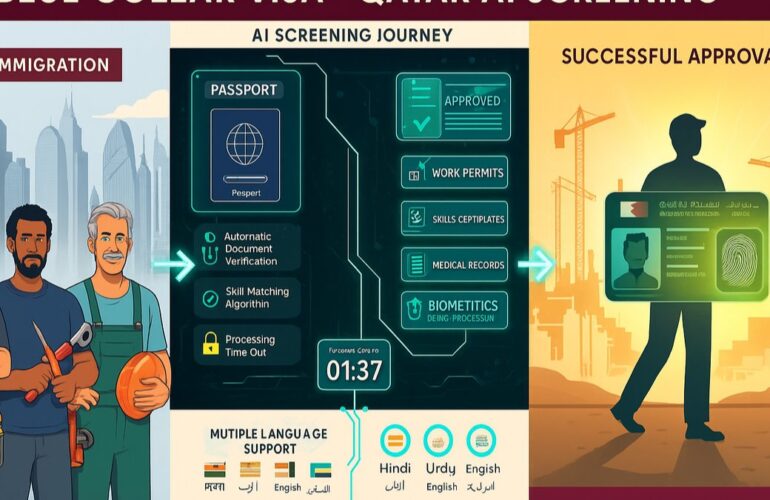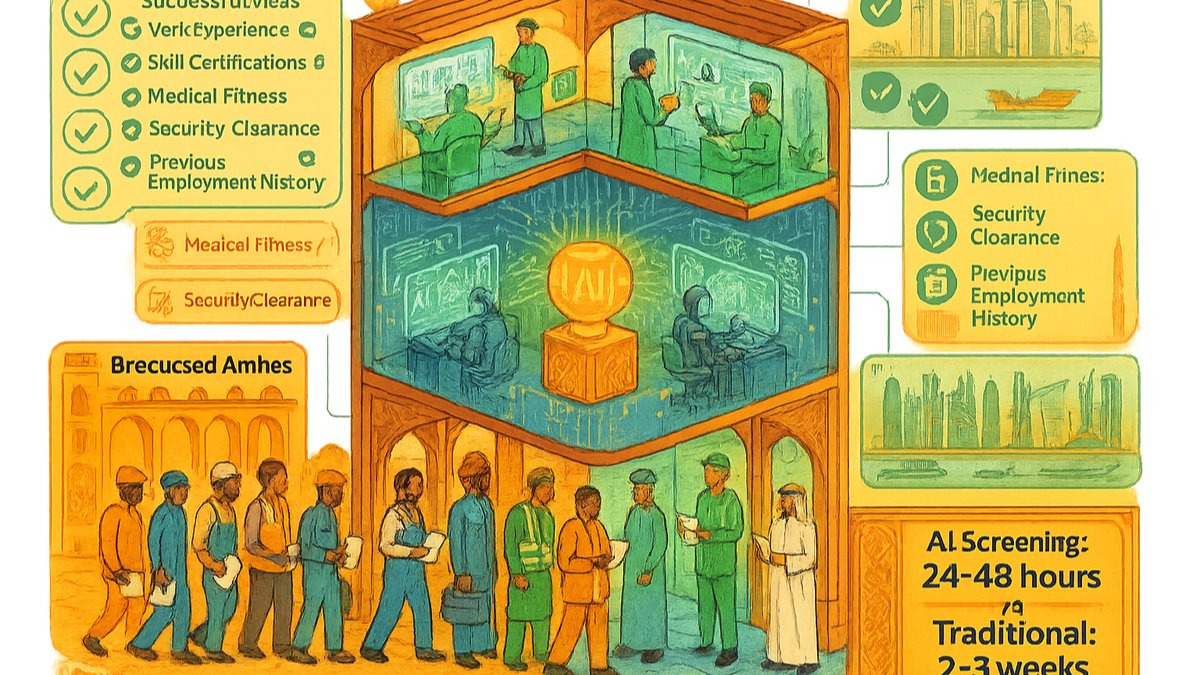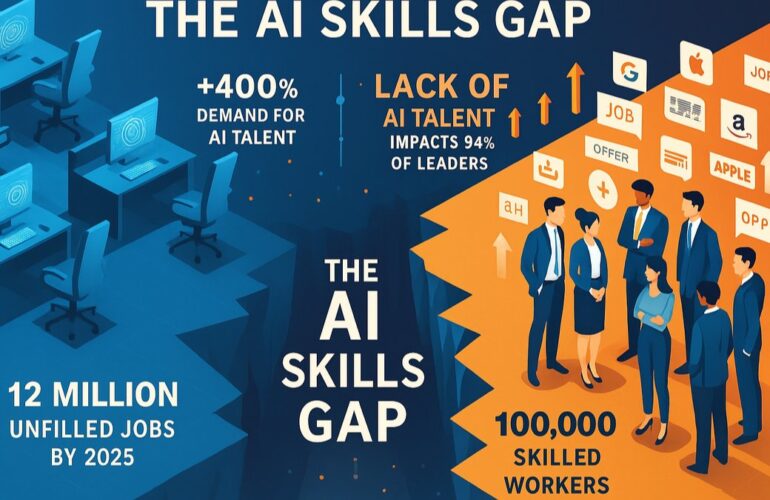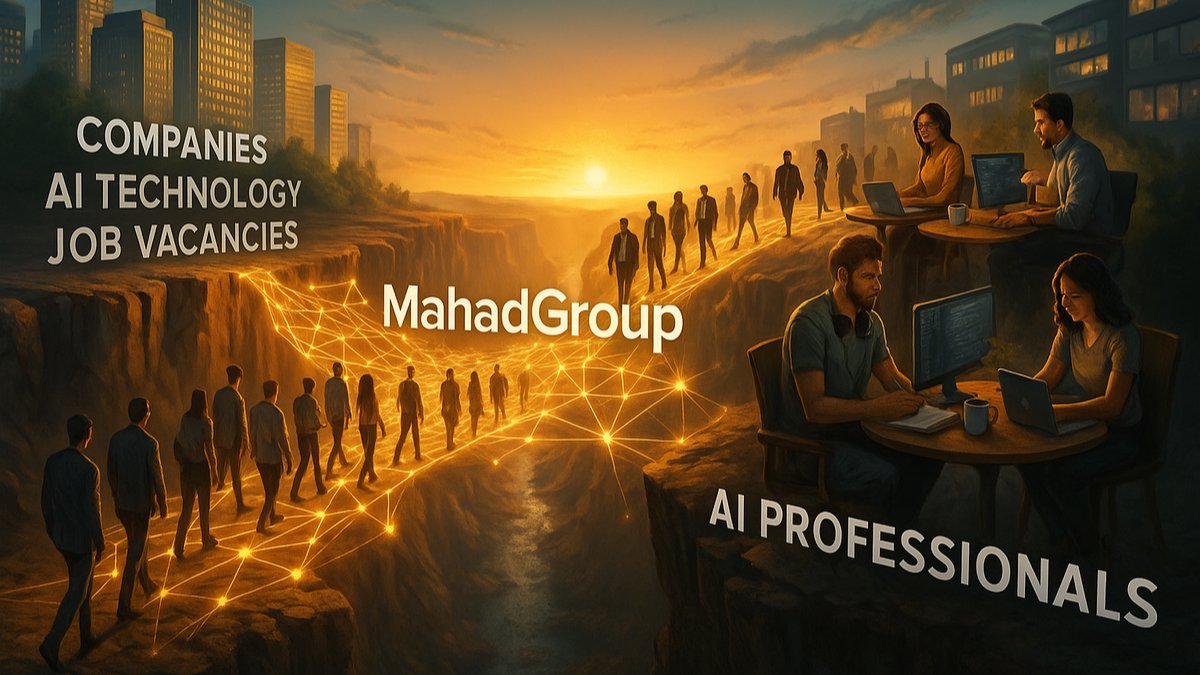Why HMC Careers Are in High Demand and How AI Can Help You Prepare
Why HMC Careers Are in High Demand and How AI Can Help You Prepare. The healthcare sector in Qatar is experiencing unprecedented growth, and at the heart of this expansion is Hamad Medical Corporation (HMC). HMC Careers have become some of the most sought-after opportunities in the Middle East, attracting healthcare professionals from around the globe. If you’re considering a career with Qatar’s largest healthcare provider, understanding why these positions are in such high demand—and how artificial intelligence can give you a competitive edge is essential.Harlingen Medical Center Join
Understanding HMC Careers and Their Market Value
Hamad Medical Corporation stands as Qatar’s principal public healthcare provider, managing twelve hospitals, including the flagship Hamad General Hospital (مستشفى حمد العام), specialised facilities like the Qatar Rehabilitation Institute, and community hospitals such as Al Khor Hospital. The organisation also operates critical services, including the Airport Health Centre, Al Sadd Health Centre, and the National Ambulatory Care Centre network.
According to official statistics from Hamad Medical Corporation, the organisation processed over 152,000 inpatient stays and performed 37,000 surgical procedures in the first half of 2025 alone. This massive operation requires a workforce of over 30,000 professionals across various specialisations, creating continuous recruitment opportunities. Equal opportunity employer
Hamad Medical Corporation Careers offer more than just employment—they provide a gateway to one of the world’s most advanced healthcare systems. All HMC hospitals have achieved Joint Commission International accreditation under the Academic Medical Centre program, a distinction that makes HMC Careers valuable additions to any healthcare professional’s resume.
Why Demand for Hamad Hospital Careers Continues to Soar
Several factors contribute to the high demand for HMC Careers in 2025:
Competitive Compensation Packages: Entry-level nursing positions start at QAR 8,000-15,000 monthly, while specialised doctors and consultants can earn upwards of QAR 25,000 per month. These tax-free salaries significantly exceed what many healthcare professionals earn in their home countries.
Comprehensive Benefits: HMC employees receive housing allowances, transportation stipends, health insurance coverage, annual flight tickets, and education allowances for dependent children. The complete benefits package makes Hamad Hospital Careers financially attractive for international candidates.
World-Class Facilities: HMC operates state-of-the-art medical facilities equipped with cutting-edge technology. Healthcare professionals gain experience with advanced diagnostic equipment, robotic surgery systems, and innovative treatment protocols that keep them at the forefront of medical advancement. Part of the mission
Professional Development: The organisation invests heavily in continuing medical education, accreditation programs, and specialised training. HMC Careers provides structured pathways for career progression, from entry-level positions to senior consultant roles. Their fields
Navigating the HMC Job Application Process
Securing one of the competitive HMC Careers requires strategic preparation. The application process typically begins at the official HMC recruitment portal, where candidates can browse available positions across various specialisations.
Applicants must meet specific requirements, including valid professional licenses, relevant educational qualifications, and often a minimum of one year’s experience in government or teaching hospitals. The Qatar Medical Check process ensures all healthcare workers meet the country’s health standards before employment.
Competition remains intense, with hundreds of qualified candidates applying for each opening. This is where modern technology—specifically artificial intelligence—can make a critical difference in your application success rate.
How AI is Revolutionising HMC Career Preparation
Artificial intelligence has transformed the recruitment landscape, and savvy job seekers are leveraging these tools to enhance their applications for Hamad Medical Corporation Careers. Here’s how AI can help you stand out:
Resume Optimisation: AI-powered resume builders analyse job descriptions and optimise your CV to match HMC’s Applicant Tracking System (ATS) requirements. These tools ensure your qualifications align with search parameters used by HMC recruiters, significantly increasing your chances of getting shortlisted.
Skill Gap Analysis: Advanced AI platforms compare your current qualifications against HMC job requirements, identifying specific certifications or training you might need. This targeted approach saves time and focuses your professional development efforts.
Interview Preparation: AI-driven interview simulators provide realistic practice sessions, offering instant feedback on your responses. These tools help candidates prepare for common questions in HMC Careers interviews, from clinical scenarios to behavioural assessments.
Application Tracking: Smart systems monitor your application status across multiple Hamad Hospital Careers postings, sending alerts about new opportunities that match your profile and reminding you of important deadlines.
H2: Mahad Manpower: Your Gateway to HMC Careers
While AI tools provide valuable support, partnering with an experienced recruitment agency like Mahad Manpower significantly improves your chances of securing HMC Careers. With over 25 years of expertise in Middle East recruitment, Mahad Manpower has established strong relationships with major healthcare providers, including HMC.
The agency’s services include:
- Direct connections to HMC recruitment teams
- Visa processing and immigration support
- Pre-employment guidance on Qatar’s healthcare regulations
- Ongoing support throughout your career transition
Mahad Manpower’s track record includes successfully placing healthcare professionals in positions across Al Khor Hospital, various ambulatory care centres, and specialised rehabilitation institutes throughout Qatar’s healthcare system.
Essential Qualifications for HMC Careers Success
To maximise your competitiveness for HMC Careers, ensure you have:
- Valid professional licenses (nursing, medical, or allied health)
- Educational credentials from recognised institutions
- English language proficiency (IELTS or equivalent)
- Basic Arabic communication skills (preferred)
- Computer literacy and electronic health record experience
- Cultural sensitivity and ability to work in diverse teams
- Strong clinical skills with evidence-based practice knowledge
The Future of Healthcare Recruitment in Qatar
The demand for Hamad Medical Corporation Careers shows no signs of slowing. Qatar’s National Vision 2030 prioritises healthcare excellence, with continued investment in facilities, technology, and workforce development. HMC’s expansion plans include new specialised centres and increased capacity at existing hospitals.
This growth trajectory means more opportunities across all healthcare specialities—from emergency medicine and critical care specialised fields like paediatrics, cardiology, and oncology. The integration of AI in both recruitment and healthcare delivery is creating new roles that didn’t exist a decade ago.
Conclusion:
HMC Careers represent premium opportunities in one of the world’s most advanced healthcare systems. The combination of competitive compensation, excellent benefits, professional development, and cutting-edge facilities makes these positions highly desirable for healthcare professionals globally.
By leveraging AI tools for resume optimisation, interview preparation, and skill development—and partnering with experienced recruitment agencies like Mahad Manpower—you can significantly improve your chances of securing your ideal position at Hamad Medical Corporation. The future of healthcare in Qatar is bright, and your career could be part of this remarkable journey.
Start your application journey today by visiting the official HMC careers portal or connecting with Mahad Manpower for personalised guidance on navigating the competitive landscape of Qatar healthcare careers.


